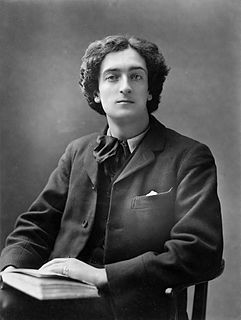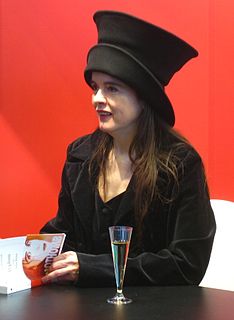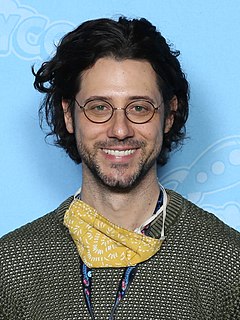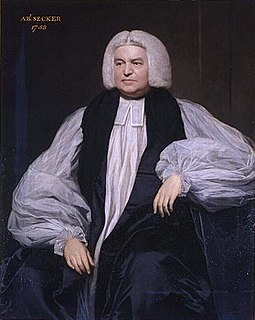A Quote by Richard Le Gallienne
There is something mean in human nature that prefers to think evil, that gives a willing ear and a ready welcome to calumny, a sort of jealousy of goodness and greatness and things of good report.
Related Quotes
It is due to neither impotence nor ignorance on God’s part that evils occur in the world, but it is owing to the order of his wisdom and to the greatness of his goodness, whence come the many and divers grades of goodness in things, many of which would be lacking were he to allow no evil to exist. Thus there would be no good of patience without the evil of persecution, nor the good of the preservation of its life in a lion, without the evil of the destruction of the animals on which it lives.
Evil denotes the lack of good. Not every absence of good is an evil, for absence may be taken either in a purely negative or in aprivative sense. Mere negation does not display the character of evil, otherwise nonexistents would be evil and moreover, a thing would be evil for not possessing the goodness of something else, which would mean that man is bad for not having the strength of a lion or the speed of a wild goat. But what is evil is privation; in this sense blindness means the privation of sight.
It’s true that someone will always say that good and evil don’t exist: that is a person who has never had any dealings with real evil. Good is far less convincing than evil, but it’s because their chemical structures are different. Like gold, good is never found in a pure state in nature: it therefore doesn’t seem impressive. It has the unfortunate tendency not to act; it prefers, passively, to be seen.
For centuries the church has confronted the human community with role models of greatness. We call them saints when what we really often mean to say is 'icon,' 'star,' 'hero,' ones so possessed by an internal vision of divine goodness that they give us a glimpse of the face of God in the center of the human. They give us a taste of the possibilities of greatness in ourselves.
I think The Magicians takes these conventional ideas from this Christian literature of good vs. evil and it sort of shakes it up and asks a deeper, darker question about the nature of not just humanity in the face of good vs. evil, but the challenges of everyday life. And I think there's something incredibly timely about that and incredibly relatable to anyone who's growing up. Because we're all growing up. We're all constantly evolving.
We like to think there is this core of human nature – that good people can't do bad things, and that good people will dominate over bad situations. Infact, when we look at the Stanford prison studies, that we put good people in an evil place, and we saw who won. Well, the sad message in this, is in this case is the evil place won over the good people.
Goodness has no opposite. Most of us consider goodness as the opposite of the bad or evil and so throughout history in any culture goodness has been considered the other face of that which is brutal. So man has always struggled against evil in order to be good; but goodness can never come into being if there is any form of violence or struggle.
In the story of the Creation we read: ". . . And behold, it was very good." But, in the passage where Moses reproves Israel, the verse says: "See, I have set before thee this day life and good, and death and evil." Where did the evil come from? Evil too is good. It is the lowest rung of perfect goodness. If you do good deeds, even evil will become good; but if you sin, evil will really become evil.
Goodness was more difficult than evil. Evil men knew that more than good men. That's why they became evil. That's why it stuck with them. Evil was for those who could never reach the truth. It was a mask for stupidity and lack of love. Even if people laughed at the notion of goodness, if they found it sentimental, or nostalgic, it didn't matter -- it was none of those things, he said, and it had to be fought for.






































